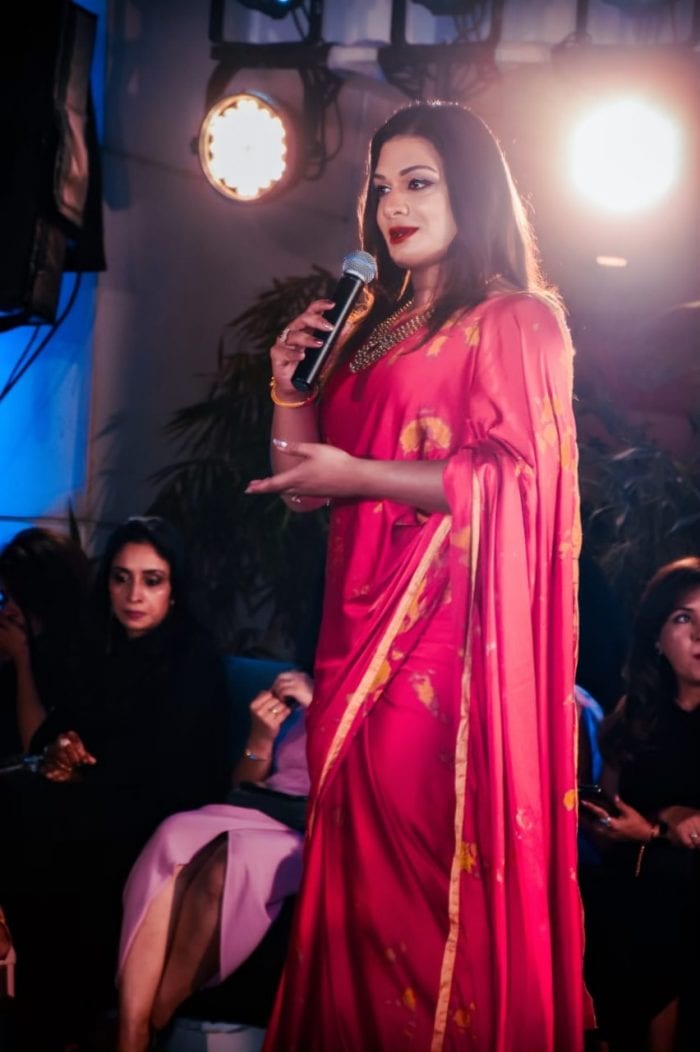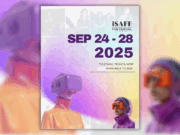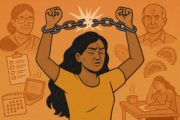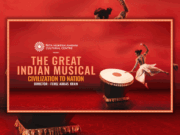
Apsara Reddy, India Congress’ First Transgender National General Secretary & Her Dreams For LGBTQI Rights In India
Lifestyle Nov 15, 2019
Apsara Reddy is breaking barriers as the first transwoman to be the national general secretary in the oldest party in India, the Indian National Congress. In our exclusive one-on-one chat she shares with us her journey to politics, when she realized she was in the wrong body and fighting for LGBTQI rights in India.
One of the most popular transgender journalist and social activist from Chennai, Apsara Reddy who earlier this year became the first transgender person to become the national general secretary of All India Mahila Congress (AIMC). After 134 years, the oldest party in the country has finally a spot for transwomen. It has not been an easy journey, but Apsara has made it and is a standing example for other the transgendered community around the world.
Mrinalini Sundar: From starting as a journalist to becoming a politician, you have come a long way. Tell us about your journey.
Apsara Reddy: I come from a very conservative, typical middle-class family. It was very difficult initially for me to convince them to even study journalism. They wanted me to do engineering or study for medicine, which is very stereotypical. I went to Monash University in Australia and earned a double degree in business marketing and investigative journalism. I also worked at the Indian embassy and freelanced for a couple of magazines in Australia itself. I then went to London, studied broadcasting and developmental economics from City University. I then worked for BBC, and was the communication officer at Commonwealth Secretariat. I came back to India and worked with two national newspapers as the editor. Politics came quite naturally – I joined the women’s wing and became the national spokesperson for a Tamil Nadu [All India Anna Dravida Munnetra Kazhagam in 2016] based party. It was a Silchar MP, Sushmita Dey who suggested I meet with Rahul Gandhi. I had to take a political decision and decided why not meet with Rahul Gandhi.
MS: Tell us what happened at that meeting?
AR: The way Rahul Gandhi spoke to me blew my mind. He was progressive, new age, welcoming, mainstreaming and he didn’t straitjacket me into the LGBTQ pigeonhole. It was a great move and I accepted it. Politics has given me a platform and people have accepted me as a person and not by my gender.
MS: Do you feel a certain burden to address transgender issues, given your new role?
AR: Transgender issues are one of the causes, I strongly oppose criminalizing anything without providing opportunity. Begging and living arrangements were going to be criminalized in India and I am against that because without providing reservations in housing, education, medicine — you cannot criminalize a community that is basically ostracized by their families. They tend to live on the streets and are prone to so much sexual violence.
MS: When did you realize your gender preference and how did you break the news at home?
AR: I always felt wrong being in a male body. I always thought God made women and just to punish you He pulled ‘it’ out. So, for the longest time, I tried to keep pushing it back in. (laughs). I was very feminine right from the beginning. I spoke to my parents when I was 15 and they took me to a counsellor, who scared the daylights out of me. She said I will be pelted with stones to death and it is against the law. Deep within, I felt like a girl. My mother understood me, she is my hero. We went to another gender counsellor and I started my hormones. I was glad my professors and bosses were understanding when I was transitioning.

MS: What would you like to tell someone who is struggling to come out in public?
AR: You live one life — you have one dream — live your dream. Don’t sacrifice your dream, dignity or liberation to anyone else. The world does come around eventually. Go for counselling. Don’t do it casually. Don’t overdo the hormones and mentally be strong to be the person you want to be.
MS: LGBTQi rights is one of the main political and social issues here in Canada. It was one of the key policy points during the recently held federal elections. What is your take on that?
AR: I really like Canada’s view, vision and sensitive approach towards the LGBTQ community. They talk about issues that have gone on to educate other countries. I had met Randy Boissonnault who is also an LGBTQi MP (Edmonton Centre) and I was amazed at how he understood the human rights angle, the health angle, every nuance of the LGBTQ community and worked at uplifting the community. Canada has been putting the right step forward.
MS: What are some of the basic LGBTQi provisions you wish India adapts from the West?
AR: There have to be reservations for housing for transwomen who have been thrown out of homes. There has been reservations in education, employment opportunities, medical subsidies and to educate Government employees (at identification centres, passport offices, ration card centres — because we get harassed a lot at these spaces). Political parties should make an inclusive policy and LGBTQi as a whole rainbow should be accepted.
MS: Can you give us a snapshot of LGBTQi issues in the world, what is the trend in where things are heading?
AR: The LGBTQi community should be included in issues such as inheritance, insurance, equal right for pay at workplaces, maternity leaves for gay and lesbian partners, workplace diversity and harassment and more employment. They should have access to key roles in management and in political parties as well.
Main Image Photo Credit: Apsara Reddy
Mrinalini Sundar
Author
Mrinalini Sundar (new_girl_in_to) has worked with various Indian national, international publications including Times Of India and is currently based out of Toronto. She's constantly in search of high adventure, exotic food, and new experiences. She is the happiest amidst mountains, with no wi-fi.

















































































































